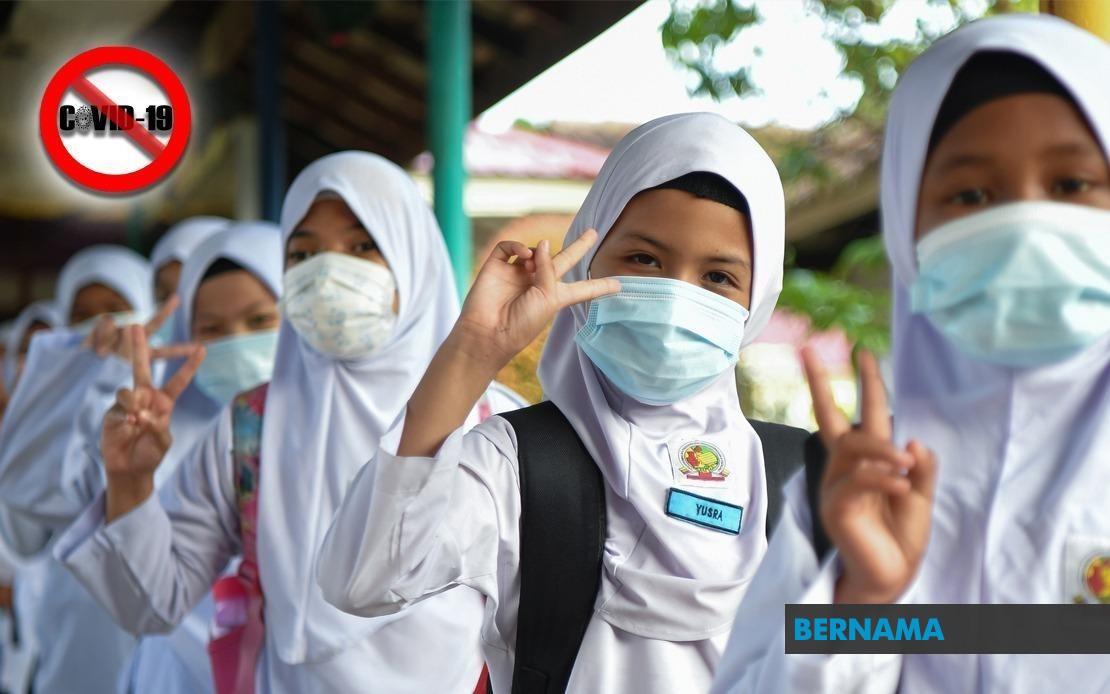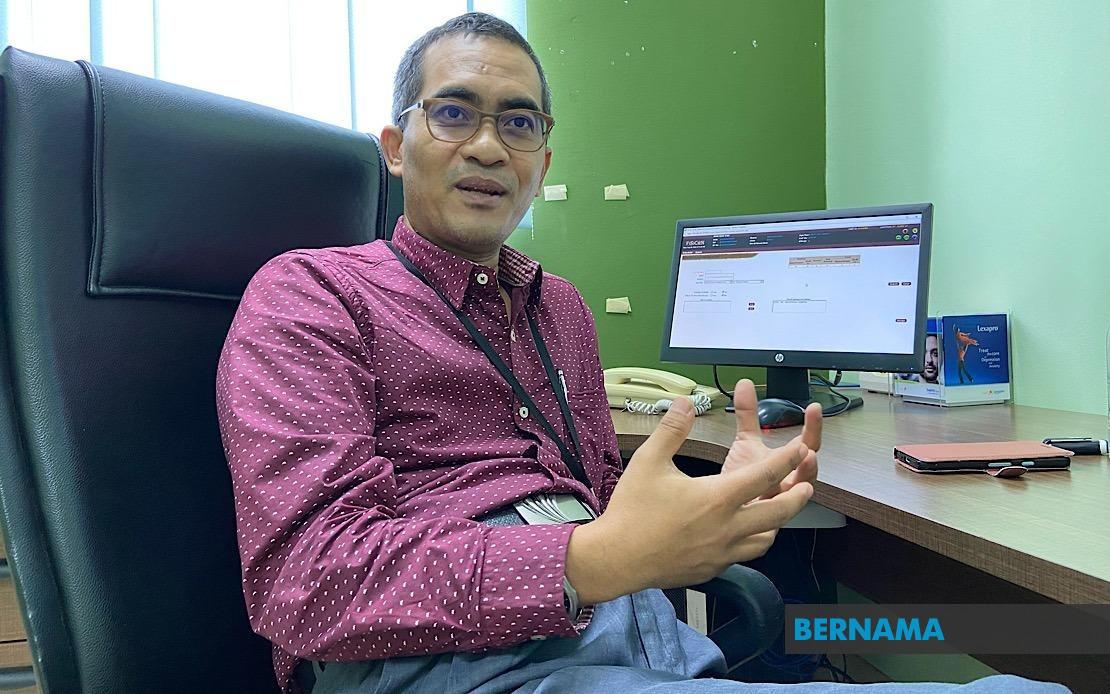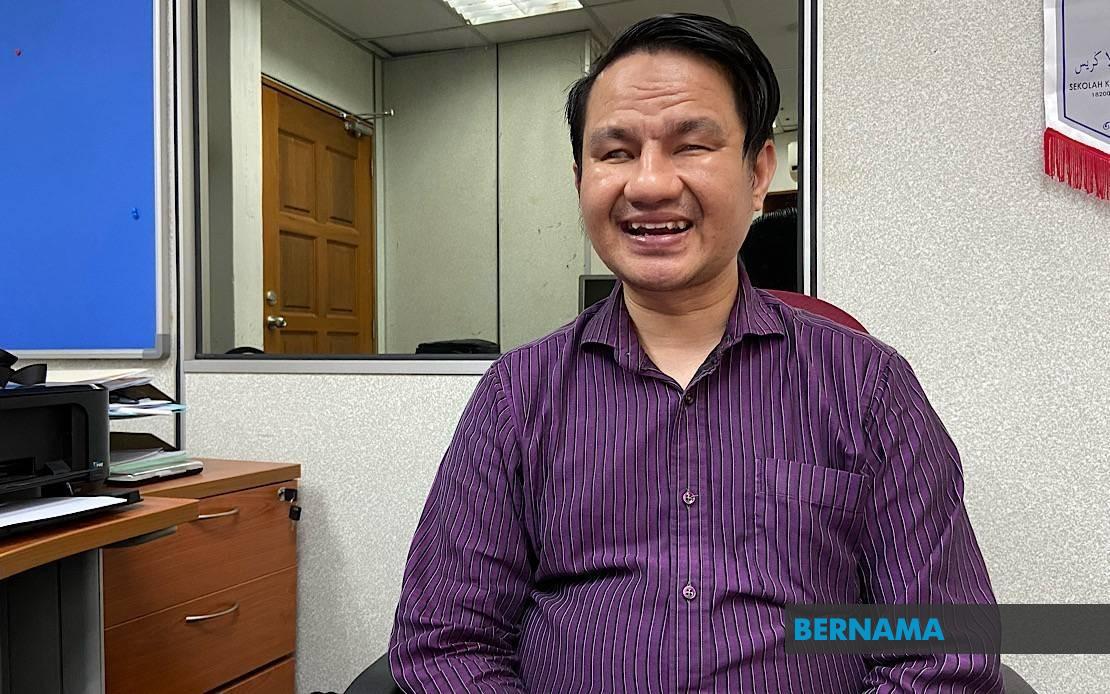Embracing New Norms To Safeguard Against Pandemic

By Erda Khursyiah Basir
This article is in conjunction with the launch of the Embracing New Norms campaign by Prime Minister Tan Sri Muhyiddin Yassin in Pagoh, Johor, today.
KUALA LUMPUR (Bernama) – With the end of the COVID-19 pandemic nowhere in sight, the best thing for Malaysians to do to keep themselves safe is to mask up and carry a sanitiser with them when going out, in addition to washing hands regularly and observing physical distancing.
Most of them have been taking these precautions since the Movement Control Order (MCO) was enforced on March 18 to break the chain of COVID-19 infections.
While the public, in general, has been adapting to the new norms, certain quarters are still throwing caution to the wind, which is why the government, beginning Aug 1, decided to make it compulsory for everyone to wear a face mask when travelling in public transport and in congested public places.
Those who fail to do so face a fine of RM1,000 under the Prevention and Control of Infectious Diseases Act 1988.

UM Specialist Centre (UMSC) Senior Consultant Psychiatrist Associate Prof Dr Muhammad Muhsin Ahmad Zahari --fotoBERNAMA(2020) All Rights Reserved
POSITIVE ANGLE
The fight against the pandemic can only be successful if everyone adapts to the new normal way of life.
UM Specialist Centre ( UMSC ) senior consultant psychiatrist Associate Prof Dr Muhammad Muhsin Ahmad Zahari urged society to view it from a positive angle to avoid feeling stressed and burdened with the thought of practising the new norms.
“The people must look at it in terms of the importance of safeguarding their health and personal hygiene. Previously (before the COVID-19 crisis), when someone is seen washing hands frequently and wearing a face mask, it is assumed that the person is suffering from obsessive compulsive disorder.
“However, today it (washing hands frequently) has become a must while the use of a mask is mandatory in certain places,” he told Bernama.
The new normal, pointed out Dr Muhammad Muhsin, has brought positive changes to some of the things people did not pay much attention to previously, such as observing cough and sneeze etiquette and taking flu symptoms and fever more seriously.
“We’ve become more sensitive to matters related to our health and self-hygiene and that of others,” he added.
Prime Minister Tan Sri Muhyiddin Yassin launched the Embracing New Norms campaign in his Parliamentary constituency of Pagoh in Muar, Johor, this morning. The campaign is aimed at enhancing awareness and empowering the people to protect themselves and their respective families and communities amid efforts to fight the COVID-19 pandemic.
PRACTICE MAKES PERFECT
Like the phrase “Practice makes perfect”, when something is ingrained in a person, it will be easier for him or her to practise it daily, said Dr Muhammad Muhsin.
pic-2
He said although the public has not fully embraced the new norms yet, many people are observing the standard operating procedures (SOPs) set by the government out of fear of getting infected by the COVID-19 virus, more so now when there has been an upward trend in new cases.
“We hope adherence to the new normal will continue to grow and the new habits will become a norm in our daily lives. When everyone knows his/her role and responsibilities, the new normal will become a part of life,” he said.

Universiti Malaya Faculty of Education senior lecturer Dr Ahmad Shamsuri Muhamad --fotoBERNAMA(2020) All Rights Reserved
He, however, added that people may need a longer time to adjust to the new normal.
Embracing new norms requires not just the top-down policy and SOP-based approach but also a high level of awareness and concern among the people.
“Leaders, celebrities, healthcare workers and teachers can be good role models who can influence the public to practise the new norms in their daily lives,” he added.
BE MORE DISCIPLINED
Sharing his views, Universiti Malaya Faculty of Education senior lecturer Dr Ahmad Shamsuri Muhamad said the new normal way of life will help Malaysians to learn to become more disciplined especially when they are in crowded public places.
Malaysians are now getting more accustomed to queuing up and maintaining physical distancing when they visit supermarkets, as well as when they use lifts and elevators.
pic-3
“People learn and change their ways through modelling, that is, by looking at what others are doing, or when they receive praise or appreciation, or when they are penalised,” said Ahmad Shamsuri, who is visually-challenged and is a registered counsellor with the Malaysian Board of Counsellors.
He also opined that the government should diversify its information delivery mode if it wants the public to embrace the new norms.
For example, when the MCO was in force, those working from home could get updated on the COVID-19 situation by following the daily media briefings on television. However, following the Recovery MCO, many people have returned to their offices and daily routines, giving them not much time to get the latest updates.
“This is why delivery of information with regard to the current COVID-19 situation must be diversified. In addition, the mode of delivery has to be simplified so that people in all age groups can understand and practise the new norms,” he said, adding that people with disabilities should also be able to access the information.
Translated by Rema Nambiar
BERNAMA
For more information click here
HealthEdge
EXCLUSIVE

Pet Vaccination, Public Awareness And Surveillance Key Towards Rabies-free Southeast Asia - Experts
KUCHING, Dec 11 (Bernama) -- The goal of making Southeast Asia free from human rabies can be achieved through a total understanding of the disease, how it can be prevented and responsible pet ownership among communities, say experts.
read more ››IN FOCUS

TAVI KAEDAH BAIK PULIH INJAP JANTUNG TANPA PEMBEDAHAN



